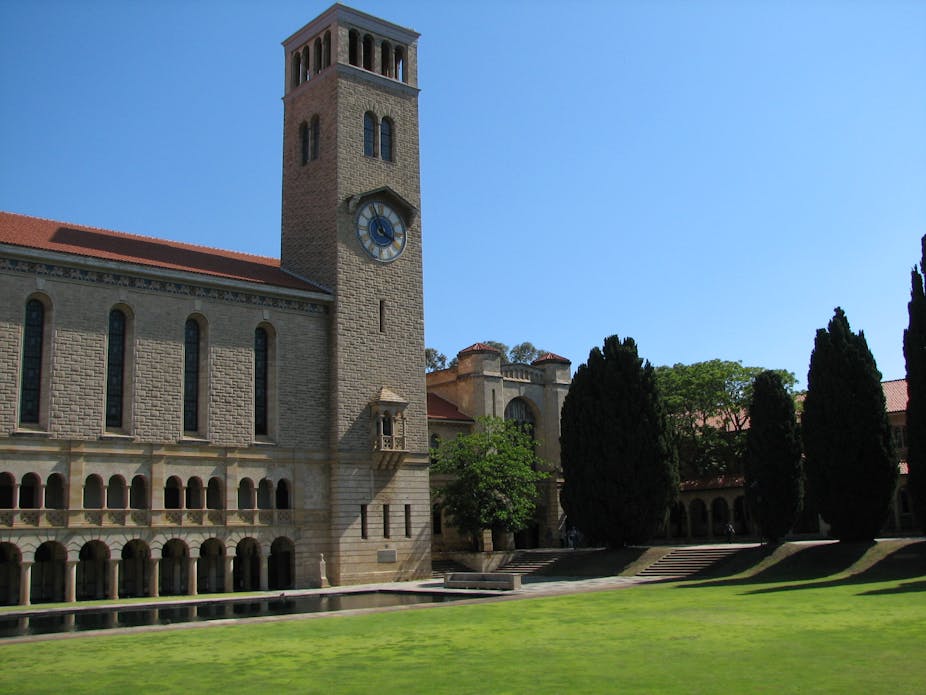The University of Western Australia will offer three free online courses early next year, including one on Australian studies, as it joins the MOOCs movement taking hold around the world.
The university has partnered with Stanford, and will offer the courses via the university’s open-source Class2Go software.
David Glance, director of UWA’s Centre for Software Practice, said Stanford had been an early innovator in online courses and its decision to open source its platform was a major factor in UWA’s decision to partner with it.
“The collaboration on the platform is a big thing so we’re working with them to produce a mobile platform to go with it, and that will be unique,” Professor Glance said.
He added that while much of the focus on Massive Open Online Course (MOOC) providers had been on competition from international universities, the decision by University of Melbourne to join MOOC provider Coursera was an important issue locally.
“People have forgotten that the University of Melbourne can be teaching ANU students with their online offerings and there’s no reason to say ‘Oh it’s Harvard that’s a potential threat’, actually it’s local universities.”
Despite this, Professor Glance said as a member of the Group of 8, UWA’s first and foremost aim was to collaborate.
He added that UWA’s decision to offer a course on Australian studies would help it establish if there was interest on a global scale. UWA is also discussing the role of online courses with staff as it looks for the best way to grow the offering.
“Unlike some unis who see the threat of cannibalisation of their own units, we’re of the opinion that it only make sense if you do the same material used in your (traditional) course, otherwise you end up doubling the work.”
UWA’s announcement came as Princeton University this week said the courses it started offering via Coursera this year have led it to rethink teaching models.
“Flipping the classroom really allows more time for active learning. It’s less time anchored in a lecture hall and more opportunities for face time with me and interactions with people around the world,” said history professor Jeremy Adelman.
Sociology professor Mitchell Duneier recently wrote that he received more feedback on his sociological ideas within three weeks of teaching an online course than he had received in an entire career of teaching.
Professor Glance, who has undertaken an online course from Princeton, said teaching from the hallowed halls of Princeton is dramatically different to teaching 60,000 students from around the world.
“It’s a completely different experience when you’re teaching on that scale. It influences how you teach.”

